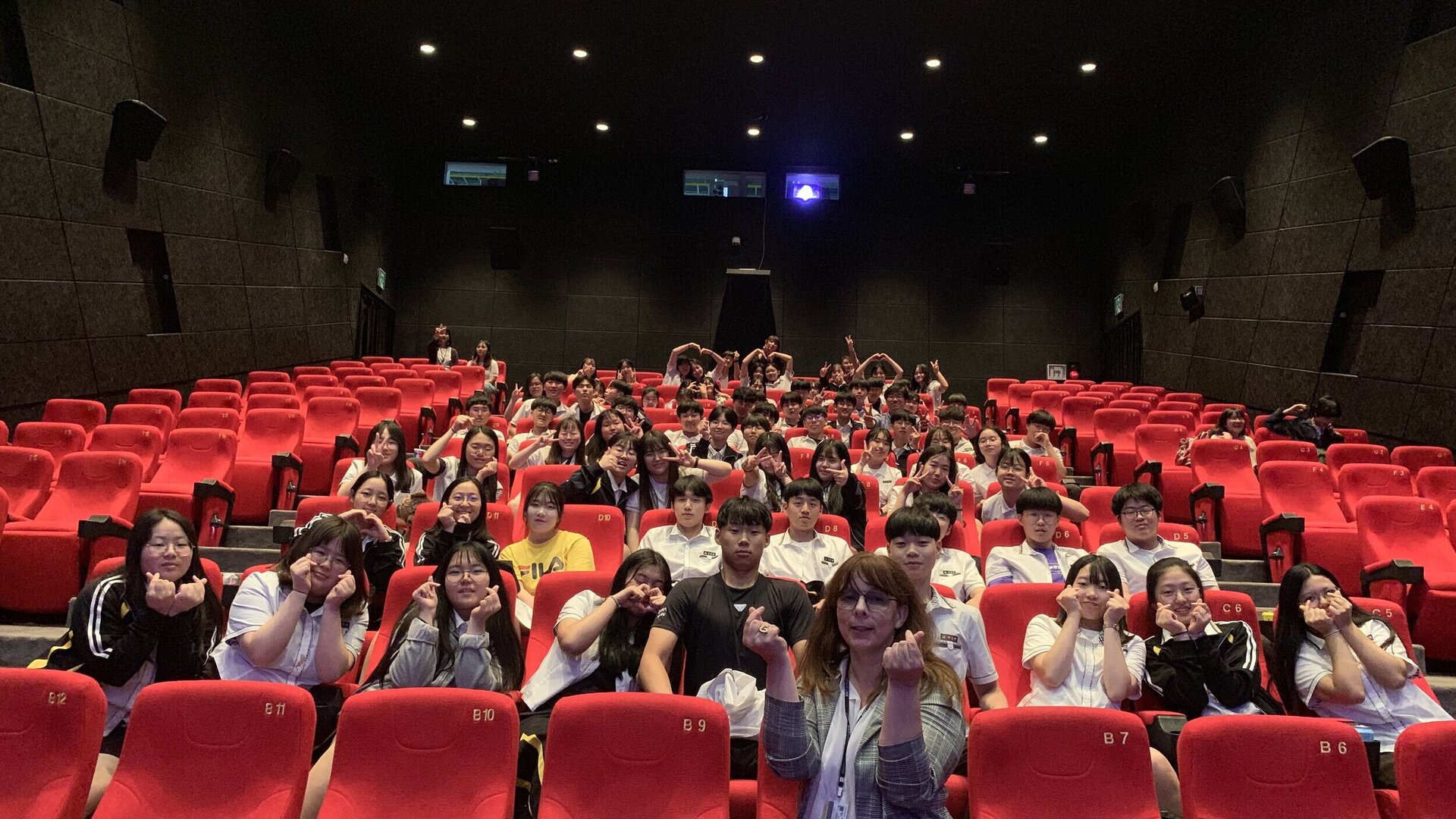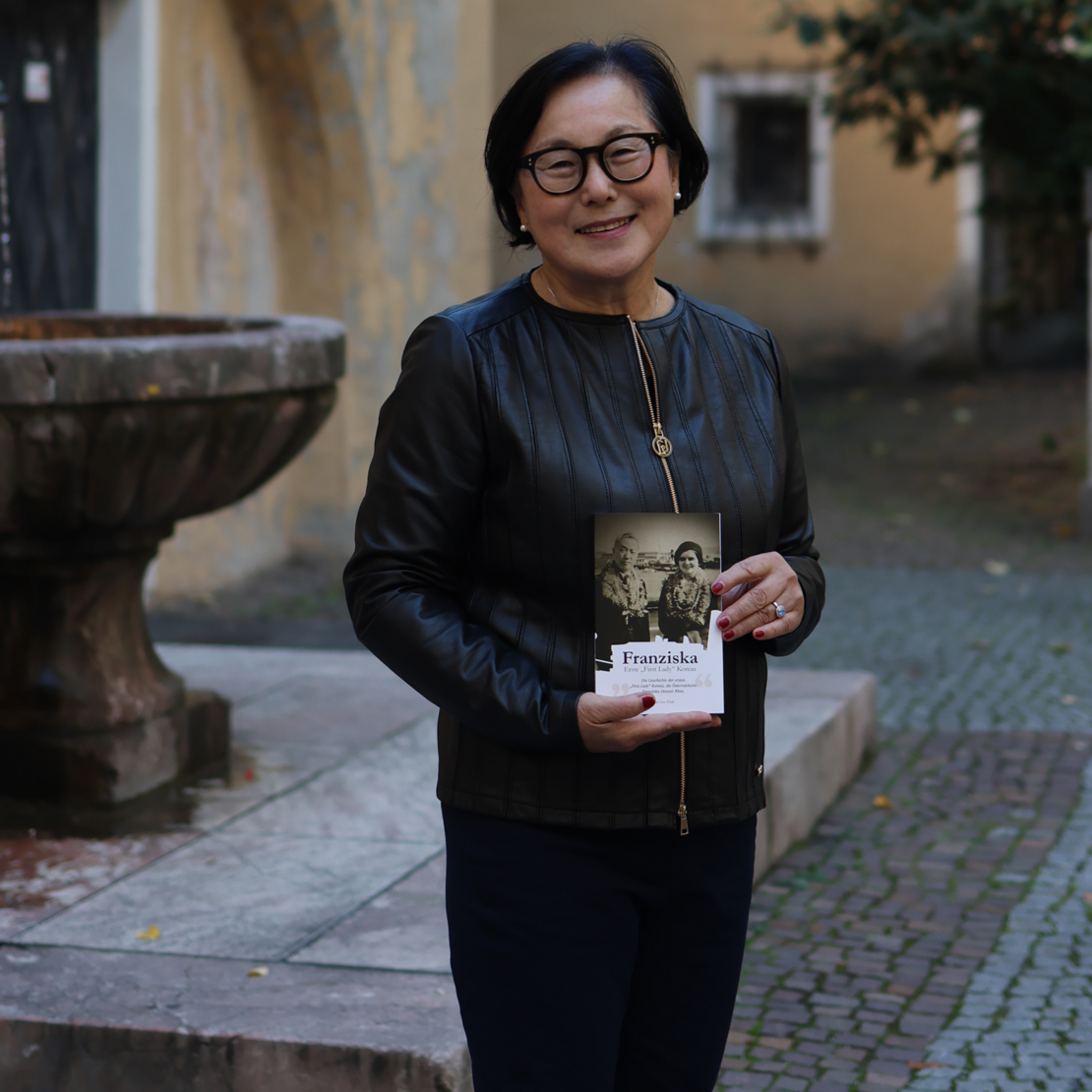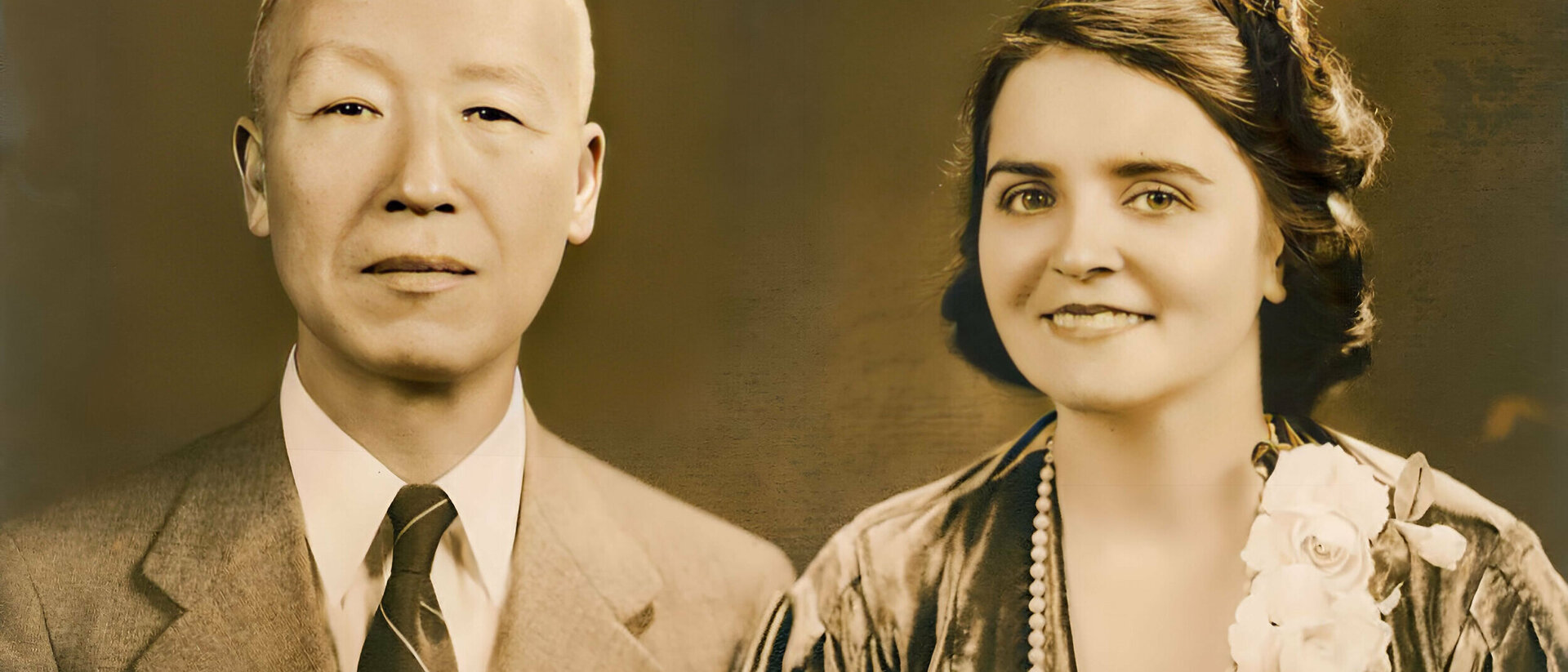South Korean Films and K-Drama: A Storytelling Universe Worth Discovering
For many viewers in Europe, South Korean films and K-Dramas arrived almost out of nowhere. Suddenly they were being discussed in cafés, showing up in streaming recommendations, and appearing on best-of lists. What felt new to us had been building in Korea for decades: a vibrant, emotionally precise, highly crafted storytelling tradition.
Why Korean stories feel different — even if you’re new to them
Korean cinema and television do something remarkable:
they connect quickly and deeply, even when you know nothing about Korean culture.
Part of this comes from emotional clarity. Korean series and films are not afraid to be sincere, romantic, melancholy, funny, or painfully direct — sometimes all in the same episode. Characters are drawn with care; their desires and conflicts are visible, relatable, human.
Another part comes from structure.
Most K-Dramas are limited series with a clear ending, allowing writers to build full arcs that resolve in satisfying ways. The result feels intentional rather than endless.
And finally, there is the sense of craft:
distinctive visuals, strong production design, and soundtracks that act like emotional currents beneath the story.
Even newcomers feel pulled in.
From Squid Game to Parasite — a global turning point
Before 2021, many people in Austria had only brushed against Korean pop culture. Then Squid Game became a global sensation, and audiences everywhere realised:
Korean storytelling is not niche — it’s universal.
At the same time, Korean cinema had already reached the international stage. Bong Joon Ho’s Parasite became the first non-English-language film to win the Academy Award for Best Picture, a milestone that signalled a shift in global film culture.
Suddenly, Korea wasn’t “far away” anymore.
Its stories were speaking directly to us.
Austria & Korea: a surprising cultural connection
What makes this even more interesting is that Austria and Korea share a narrative bond that predates Hallyu.
Franziska Donner — an Austrian voice in Korean history
Franziska Donner, born in Vienna, became South Korea’s first First Lady. Her life is a reminder that stories can cross continents long before streaming platforms existed.
A Korean version of Kommissar Rex
The Korean adaptation of Kommissar Rex shows how naturally stories travel across cultures when their emotional core is strong. Details change, the setting shifts — but the story still works.
These connections are small but meaningful.
They show that Austria and Korea have been in quiet dialogue for much longer than we think.
Why this matters to us as filmmakers
At RitzlFilm, we are always looking for stories that resonate across borders. Korean cinema and K-Drama offer an inspiring example of how local specificity can create global emotion.
They remind us that storytelling is not about geography —
it’s about honesty, craft, and feeling.
And sometimes, the stories that seem farthest away are the ones that feel closest when we finally encounter them.
.
Finally, we share our personally curated Top 20 K-Dramas list!





